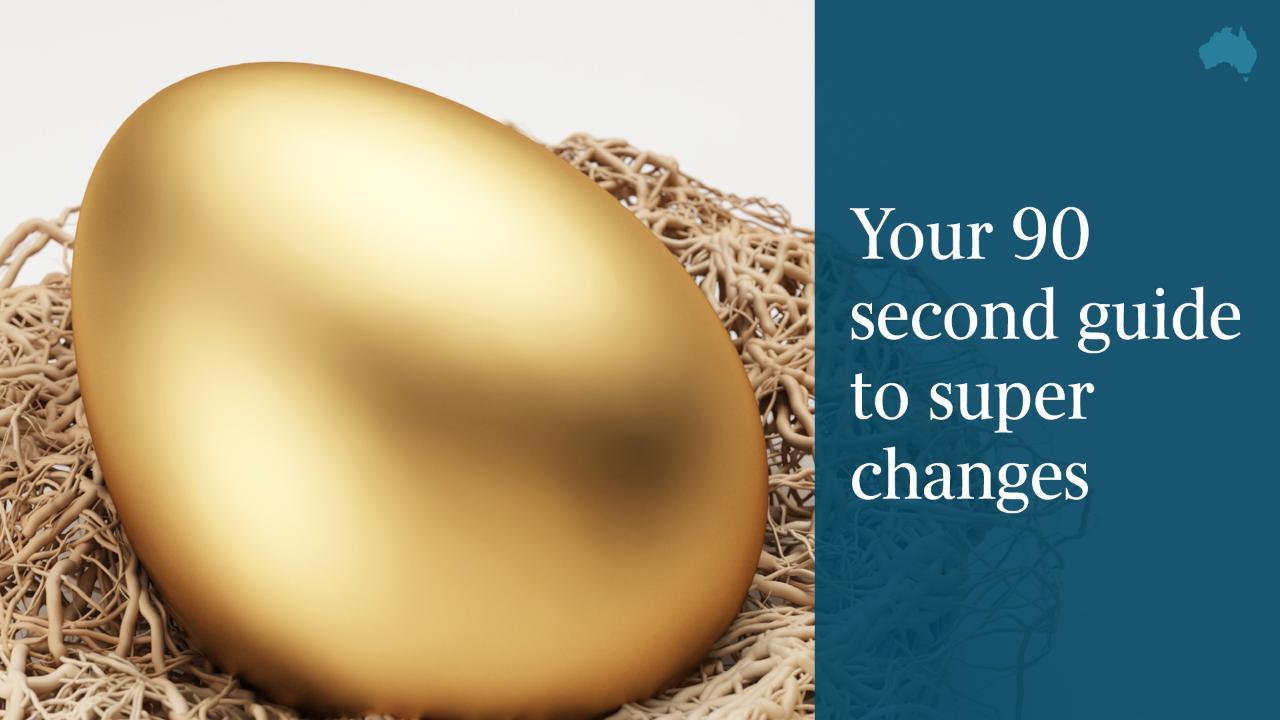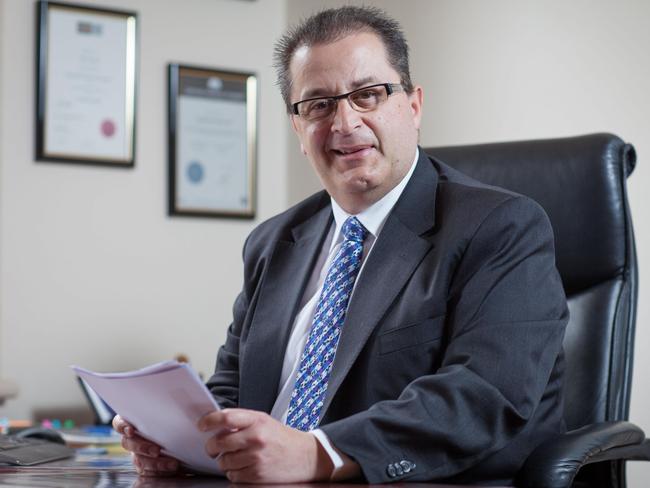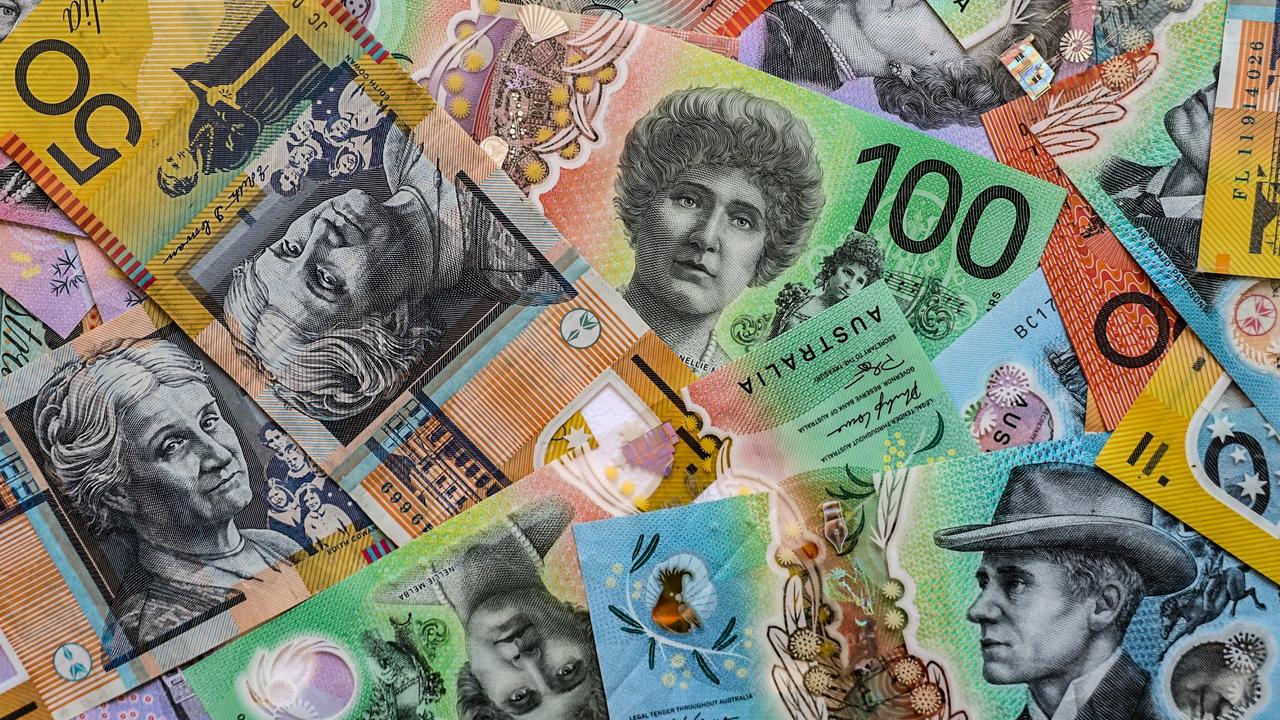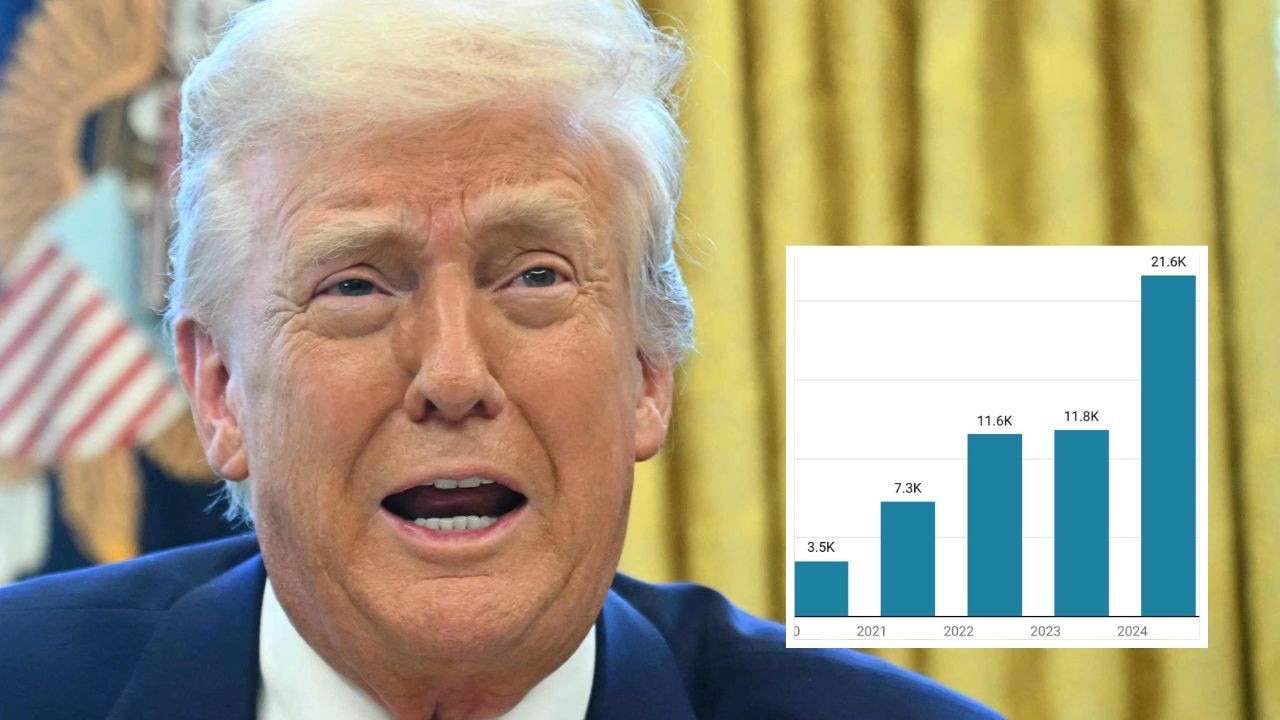Expect more changes to superannuation rules this year
THERE’S support from both sides of the federal parliament to change the tax system around superannuation — so be prepared.

BIG changes to superannuation are a near-certainty as both political parties prepare to alter Australia’s $2 trillion retirement savings system.
Generous tax concessions enjoyed by wealthy savers and retirees are in the firing line as the government seeks to claw back billions of dollars in lost revenue through a tougher stance on tax breaks.
Superannuation experts say low and middle income earners shouldn’t feel too much financial pain from any moves, although the way their retirement savings are taxed may change significantly.
Treasurer Scott Morrison signalled the government’s thinking at a national superannuation conference in November when he questioned whether the money spent on super tax breaks might be more beneficial elsewhere.
The Labor Opposition already has announced plans to scrap tax-free super pensions, targeting higher-income retirees earning more than $75,000 a year with a 15 per cent tax on their income
“There’s lots of horror stories about what’s going to happen with super in the future,” said Marinis Financial Group managing director Theo Marinis.
He said Labor’s policy was not good for people with large balances but would not affect most retirees.
MORE: Act now or lose money to the ATO

The Turnbull Government might choose a similar path, Mr Marinis said, but he hoped they did not and instead followed a proposal from 2010’s Henry Tax Review of a 15 per cent tax deduction for all super contributions, no matter what your income. This would replace the current system that benefited high-income earners the most and would raise about $6 billion a year, he said.
“At the end of the day it’s about raising revenue. It’s equitable and it’s simple. If you put in $10,000 you get a $1500 tax offset regardless of what your marginal tax rate is.”
AMP Capital chief economist Shane Oliver said superannuation tax concessions would be considered as part of wider tax reform.
“The current government is quite concerned to make sure that any tax reform is seen as fair,” Dr Oliver said. This could mean that a rise in the GST was coupled with a cut to super tax concessions for wealthier Australians, he said.

Dr Oliver said Australia already had a “quite progressive” tax system, with 17 per cent of taxpayers paying 63 per cent of income tax revenue raised.
He said he would not be surprised to see super changes announced, but doubted that they would hurt low and middle income households, and did not believe any would come into force until after the next election. “It’s still going to remain the most tax-preferred way to save for retirement.”
Accounting group RSM Australia said 2016 was likely to see a number of changes to super because both major political parties agreed it was time to reduce the system’s burden on tax revenue.
RSM Australia director Brad Eppingstall said potential changes included capping the level of tax-free income for retirees, limiting tax concessions on super contributions and taxing withdrawals from super.
“As we head towards a likely election at the end of the year, super tax concessions will play a bigger role in the debate,” he said.




